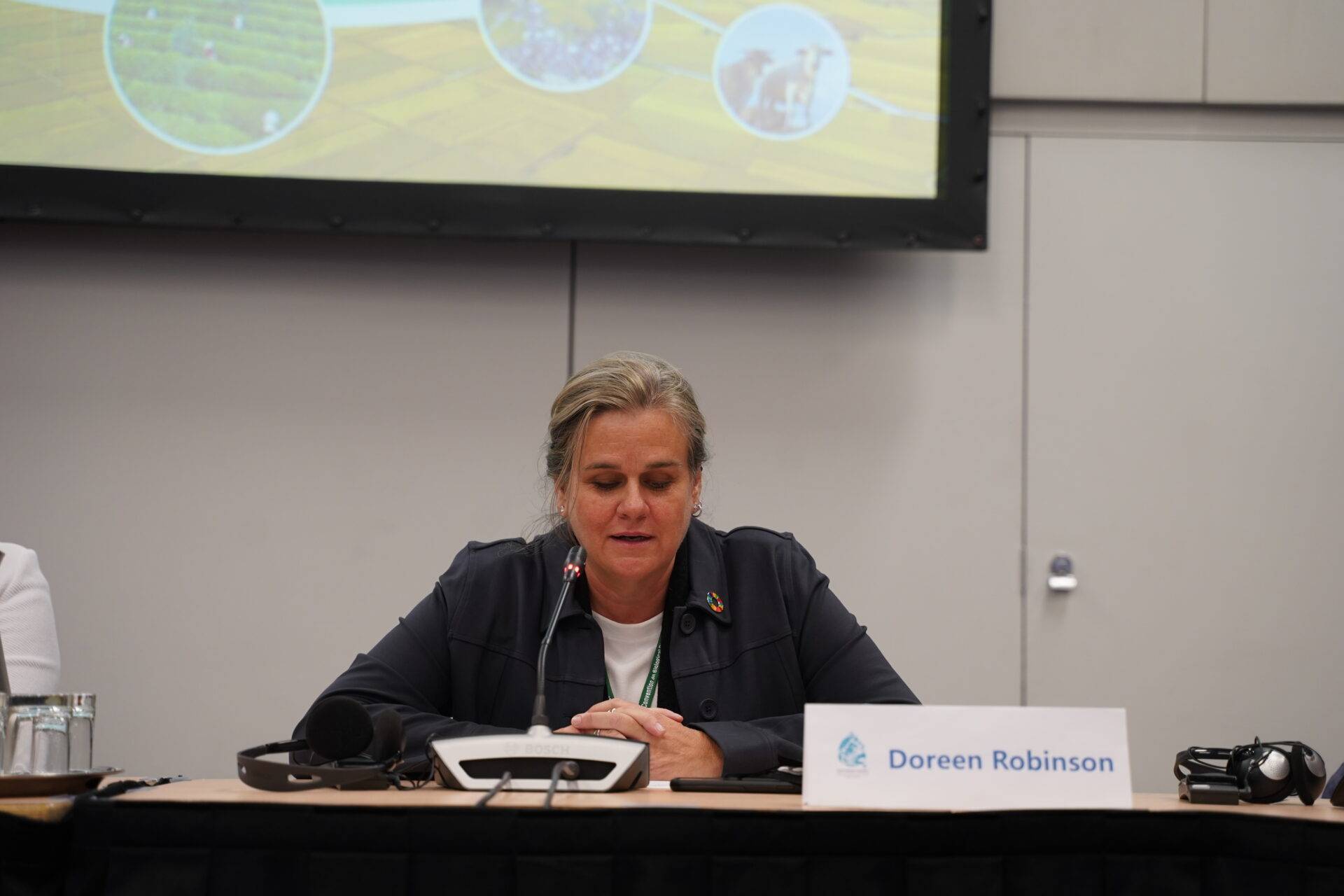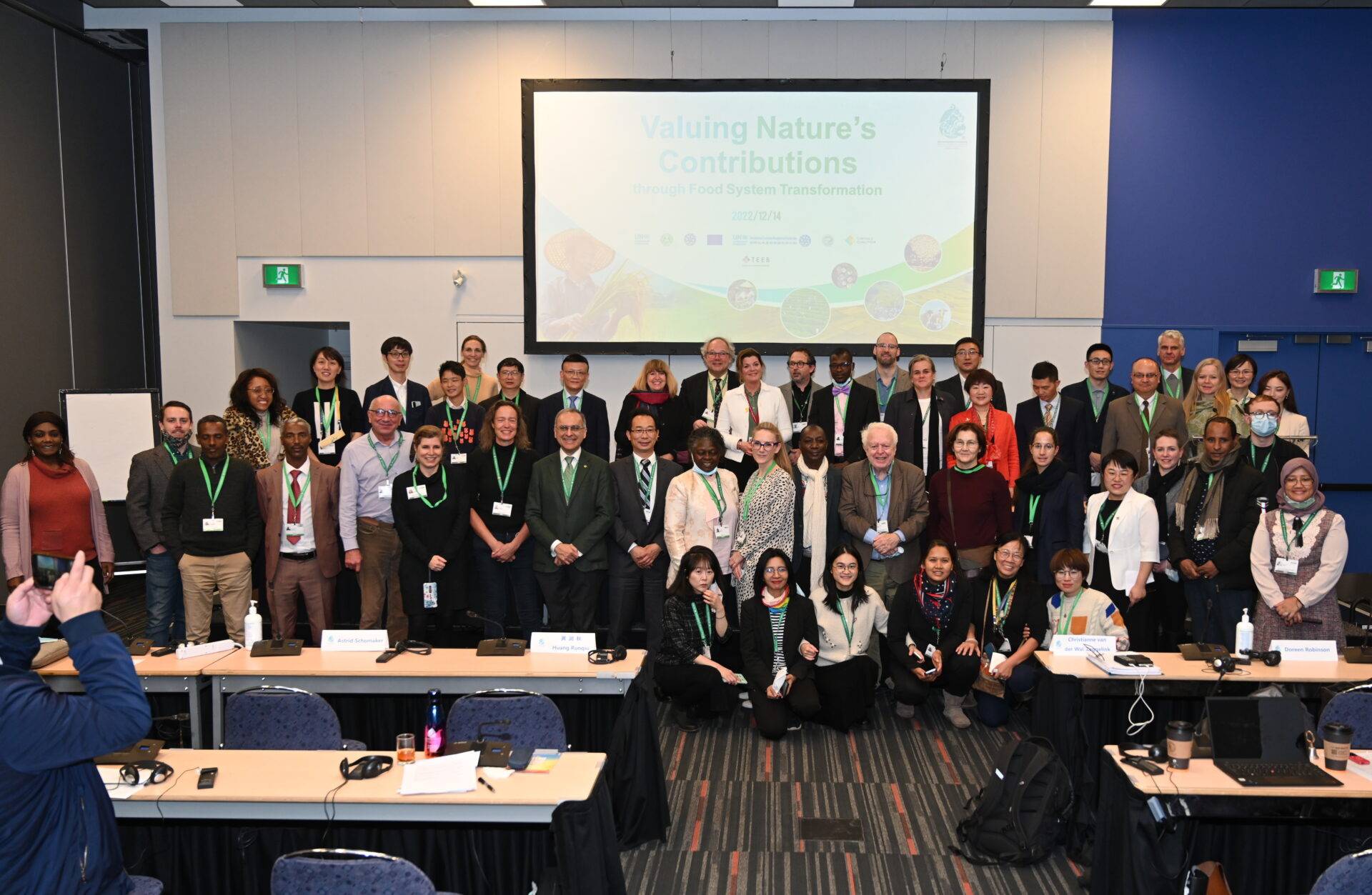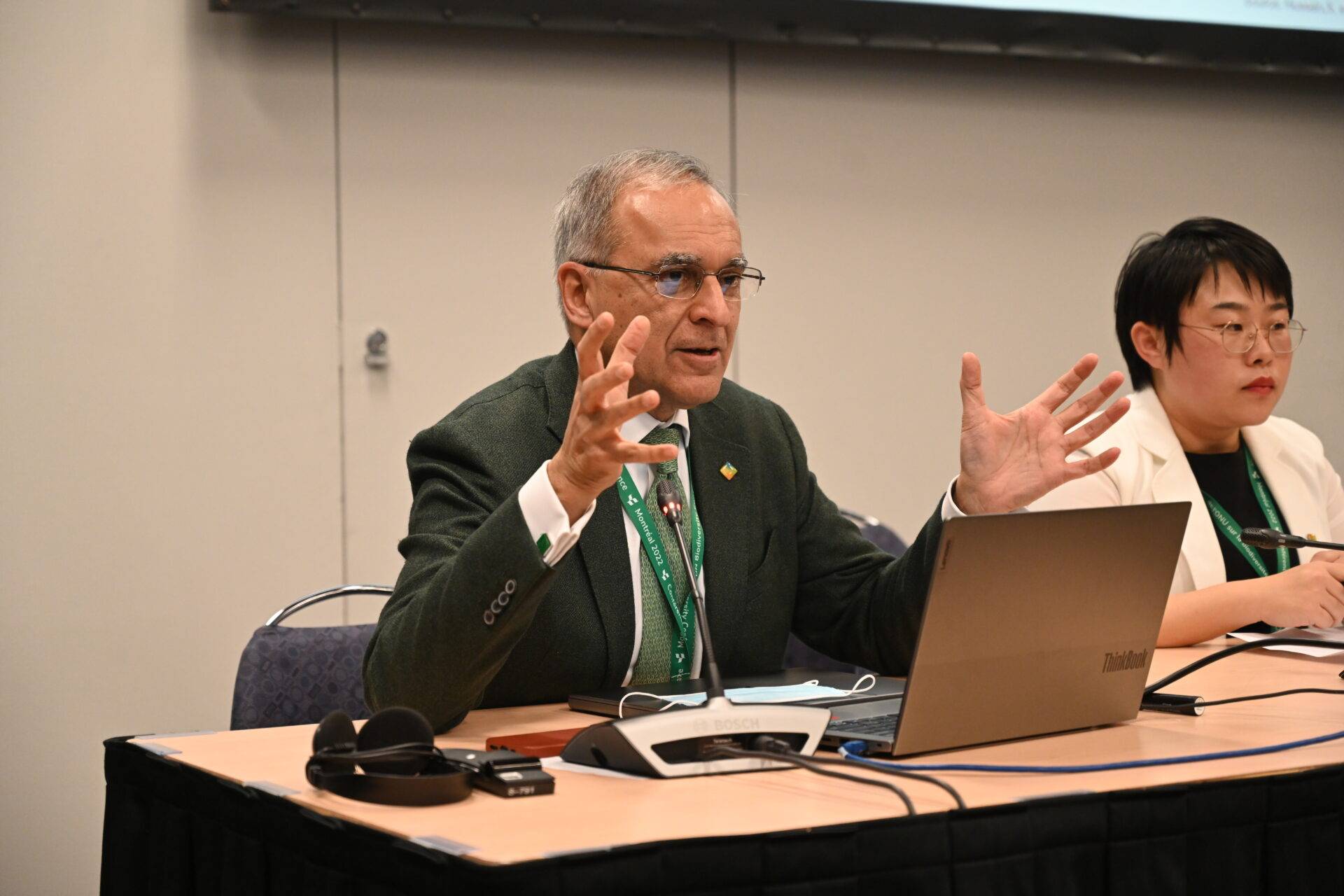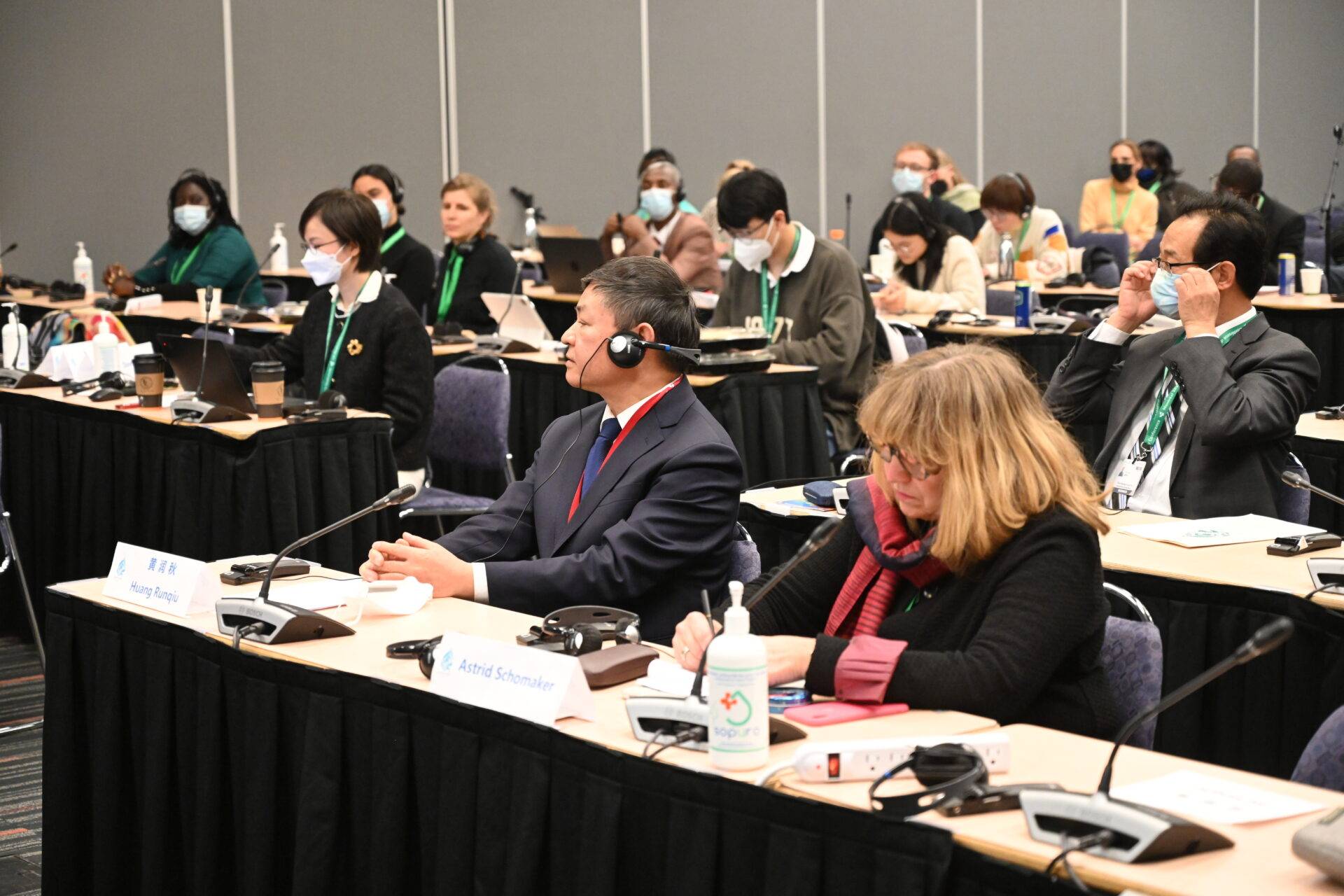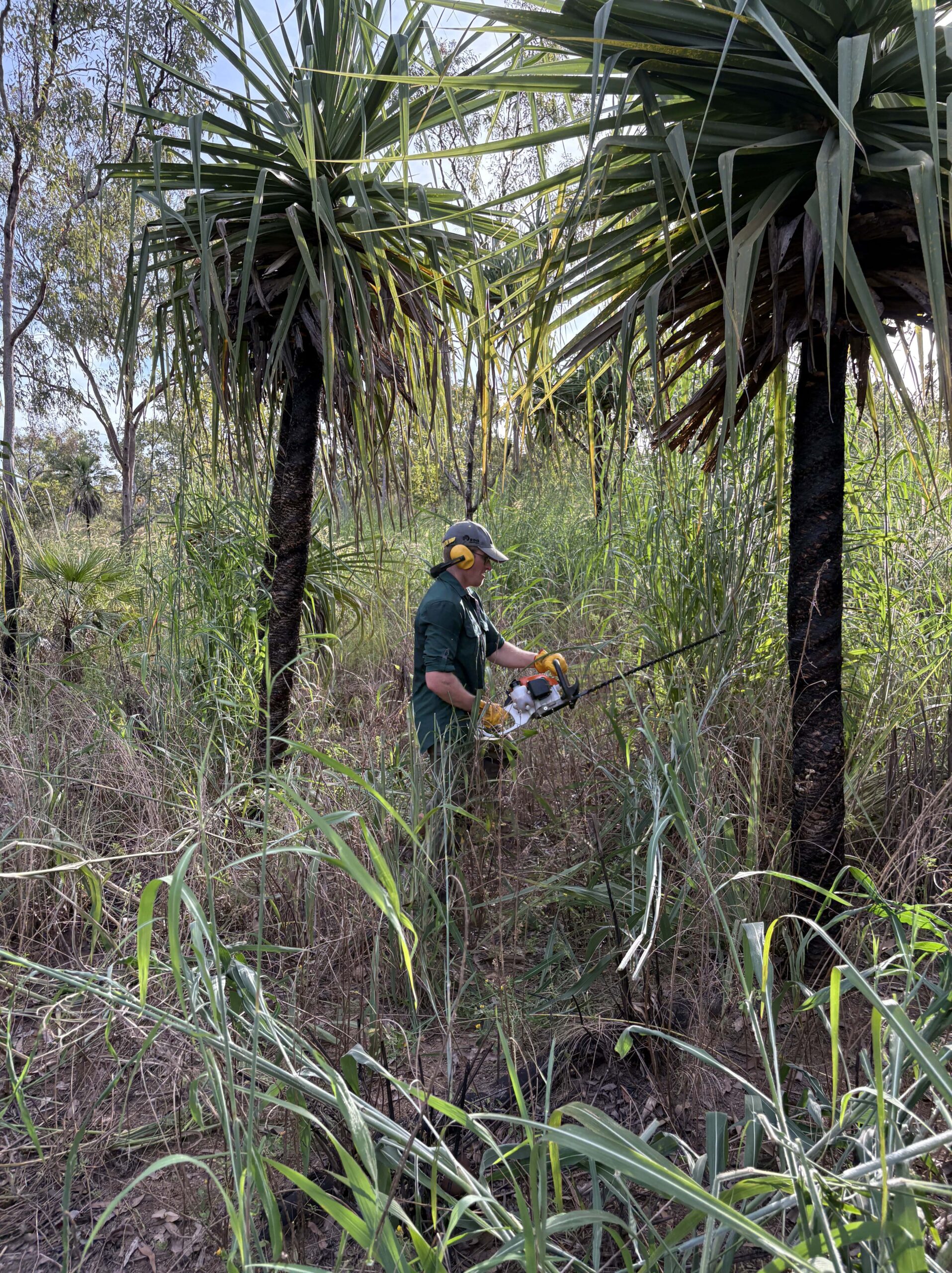Doreen Robinson, Head of Biodiversity & Land at UN Environment Programme, delivered a stirring opening speech at the COP15 TEEBAgrifood side event on December 14: “Recognizing and managing the value of nature’s contribution to people through food systems transformation.” We wanted to share her inspiring remarks – included below is an extract published with her permission.
Food systems underpin our cultures, our economies and our relationship with the natural world. As there is no life without nature, there is no life without food. But the way we currently manage our food systems is jeopardizing our future. Food systems have been implicated as drivers of biodiversity loss, climate change and pollution. Our planet has recently welcomed the 8 billionth member of the human race. And we still grow.
We must find better, smarter, more sustainable ways to provide the food to these populations. And we must do so without destroying the natural capital – the species, ecosystem service and the genetic diversity that sustains us.
We must do things differently.
At the opening of the COP the Secretary General warned us of our peril as we wage war with nature. And so, in the negotiation rooms, parties are trying to deliver an armistice, a pact to make peace with nature in an ambitious Global Biodiversity Framework. That pact, that framework to halt biodiversity loss and restore our planet, will allow us to make peace on farms, fields and other productive landscapes. But transformation cannot only take place in farms and fields, it must also take place in markets, in cafes, in supermarket aisles. On our plates, in our bellies and in our bins. So to make our collective journey in transforming food systems we must apply some key principles and practices:
First, it requires systems thinking and acting. We must examine the environmental, social, economic and cultural dimensions along food value chains – from production to consumption and waste. Only with a systems approach can we identify implicit trade-offs and opportunities that can drive smarter policy. Food systems are linked to health, nutrition, waste management, and regenerative and resilient agriculture. Each of these facets offers transformational potential.
Second, we must use evidence based approaches that recognize the true values and costs of public and private sector decisions that influence our food system. The TEEB for Agriculture and Food approach focuses on the use of economic valuation to inform policies for the conservation, restoration, sustainable use and management of nature’s contribution to people.
Third, we must be inclusive in our approach. We must recognize and empower women in decision-making around food. After all, women represent more than 40% of the agricultural labor and 47% of the global fishing workforce. Women provide almost 80 per cent of the total wild vegetable food collected in 135 different subsistence-based societies. And we must recognize and empower indigenous people and their knowledge in decision-making around food.
Today we will hear about the TEEBAgriFood policy application in China. An example of how we can put some of these principles into practice to not only improve biodiversity outcomes, but to reduce greenhouse gas emissions and achieve other sustainable development objectives.
The work we will discuss today, truly supports the ecological civilization notion of “Green is Gold” and Yuannan’s Green Food Programme. Both of which aim to promote a profound shift in the concept and model of development in
China.
Thank you again for the honor of being here.
I look forward to an engaging discussion on how this work can be upscaled and applied more broadly to truly advance a food system transformation and a future of living in harmony with nature.
Our CEO and Founder Pavan Sukhdev was also present and delivered the closing remarks at the event, providing a sneak preview of the results of our upcoming TEEBAgrifood study – watch this space for more details.
